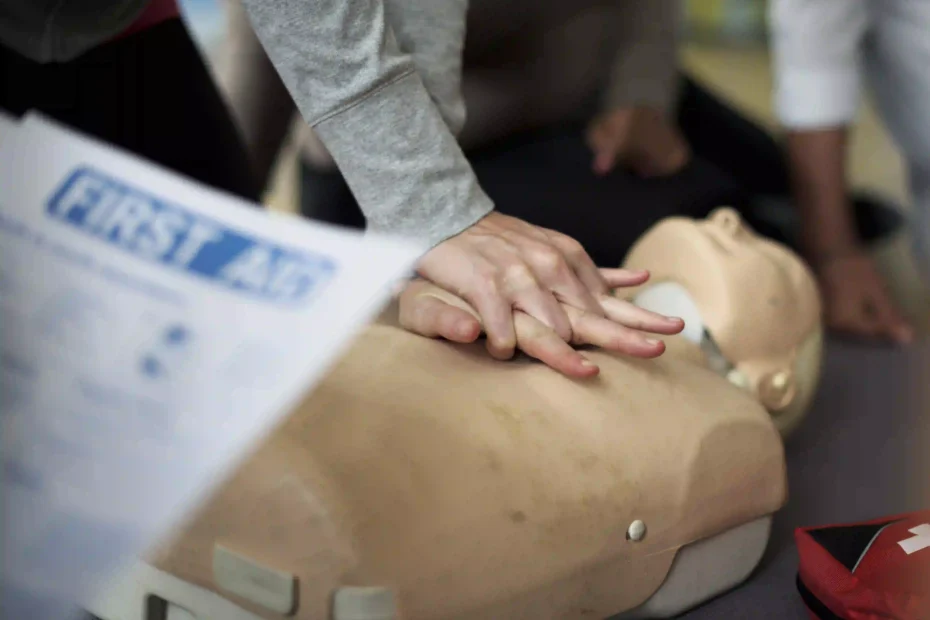Have you ever wondered when it’s time to renew your CPR certification?
Keeping your skills up-to-date is crucial in case of an emergency. CPR techniques and guidelines can change over time.
Knowing when and how CPR renewal gets done ensures you’re ready to help when someone needs it most. Whether you’re a healthcare professional or a concerned citizen, staying current can make all the difference.
Let’s explore the steps, requirements, and tips for renewing your CPR certification. Staying prepared could save a life.
Know Your Expiration Date
CPR certifications don’t last forever. They usually expire after two years. Check your certificate to find the expiration date. If it’s close to the end, you’ll need to renew it.
Many CPR businesses send reminders to help you stay on track. It’s important not to wait too long to renew.
If your certification expires, you won’t be able to help in an emergency. Keeping your certification up-to-date means you’re always ready to assist when someone needs CPR.
Choose the Right Course
When it’s time to renew your CPR, pick the right course. Some programs focus on adults, while others teach infant CPR.
MyCPR NOW offers different options for both. Make sure the course fits your needs. If you’re a parent, a course with infant CPR may be best.
For healthcare workers, look for advanced training. Choose a course that matches your experience. Many places offer online courses or in-person classes. Find one that works for you.
Hands-On Practice Is Key
Just learning CPR is not enough. You need to practice. CPR is a skill you can forget if you don’t use it. Many CPR courses offer hands-on practice, which is important.
Free infant CPR classes give you the chance to practice with a doll. This helps you feel more confident.
You can also practice on a manikin to make sure your technique is correct. The more you practice, the better prepared you’ll be if an emergency happens.
Understand Updated Guidelines
CPR guidelines can change over time. It’s important to stay up-to-date on the latest recommendations. Guidelines might change for the way you give chest compressions or rescue breaths.
New rules can also affect how to help babies and children. When you take a renewal course, you will learn any new information.
The updated guidelines help you provide the best care possible. Knowing these updates could save a life. Always take the time to learn about the newest CPR practices.
Complete Required Assessments
Most CPR courses require you to complete a test before you renew your certification. These assessments check if you understand the material. They might include written questions or practical tests.
For example, you may need to show how to give chest compressions or use an AED. It’s important to do your best on these tests.
If you pass, you will get a new CPR certificate. Make sure you complete all the required assessments to stay certified.
The Importance of CPR Renewal
CPR renewal is an important step to keep your skills sharp and stay ready in an emergency. It’s easy to forget about renewing your certification, but staying up-to-date can make all the difference when someone’s life is on the line.
Don’t wait until your certification expires. Take action today and continue learning so that you can help others when it matters most. CPR renewal is a simple but vital way to stay safe and ready.
Please take a look at our blog for more educational articles.
